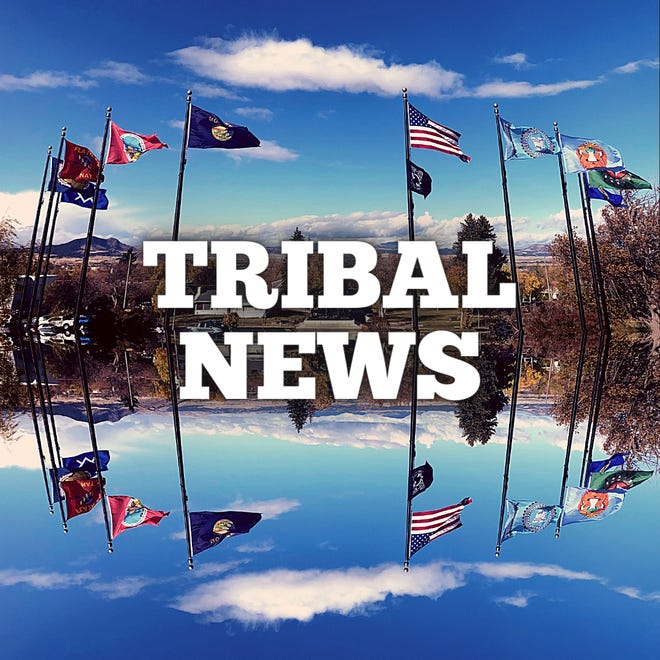Montana
Montana’s American Indian Caucus issues statement supporting critical race theory


Members of Montana’s American Indian Caucus on Tuesday released a statement supporting critical race theory, an academic movement centered on the idea that racism is systemic. The Indigenous lawmakers allege the inability to teach critical race theory will erode Indian Education For All, erase Indigenous identity and violate the state’s constitution.
The two-and-a-half-page statement comes in response to Superintendent Elsie Arntzen and Republican Attorney General Austin Knudsen, who have both expressed concern regarding critical race theory.
“Our schools should not be teaching debunked theories that twist and distort our history, and fringe philosophies that Americans have consistently rejected,” Arntzen wrote in a May 12 blog post.

Knudsen on Thursday issued an opinion that critical race theory and some antiracism programs taught in schools are “discriminatory” and violate federal and state law, according to The Associated Press. His decision banned the activities in the state and entered Montana into a national controversy on the subject.
In their statement, caucus members cite the Montana Legislature’s approval of critical race theory in 1972 and statutes that commit the state to preserving Indigenous culture through education. The Montana Legislature in 1999 passed the Indian Education for All Act, which requires recognition of American Indian culture and a commitment in the state’s educational goals to preserve their cultural heritage.
“Montana is considered a leader in the nation with regards to our Indian Education For All law and other states have followed suit and used our model. We are a unique state that does not fit into the box that the discourse on national politics wants us to fit into,” the statement reads.
The lawmakers write that “challenges to the validity of critical race theory undermine the very core of Indian Education For All.”
Caucus members also list a number of topics that students could examine under critical race theory, including identifying the causes of disparate discipline that affect Indigenous children, examining historical trauma and the Native American student dropout rate, examining the disproportionate impact of COVID-19 on Native American communities and to dispelling stereotypes and misinformation by examining tribal identities.

The lawmakers also questioned how certain topics would be taught if critical race theory was banned. Topics include broken treaties, the Allotment Act, the Trail of Tears, Thanksgiving, the Indian Reorganization Act, the boarding school era and missing and murdered Indigenous people, among others.
“The inability to cover these topics by utilizing a critical lens of academic inquiry would have the same effect as historical erasure, where Native American identity, culture, perspectives, and history are not included,” they wrote. “…It would not provide an objective education that would show various viewpoints, the complicated history of our state, and the diversity that exist here. We cannot take this step backwards after many decades of work towards elevating Indigenous voices.”
The lawmakers urge Montanans to support “the continuation of true history and accurate stories of all people by voting for candidates that will support Indian Education For All and critical race theory.”
“To do otherwise will only further marginalize Montana Indians and other people of color,” they wrote.
Members of the American Indian Caucus who signed the statement include Sens. Shane Morigeau, Susan Webber and Mike Fox and Reps. Tyson Running Wolf, Donavon Hawk, Rynalea Whiteman-Pena, Marvin Weatherwax Jr., Jonathan Windy Boy and Sharon Stewart Peregoy.
Nora Mabie covers Indigenous communities for the Great Falls Tribune. She can be reached at nmabie@greatfallstribune.com. Follow her on Facebook @NoraMabieJournalist or on Twitter @NoraMabie. To support coverage of tribes in Montana, subscribe today.












You must be logged in to post a comment Login